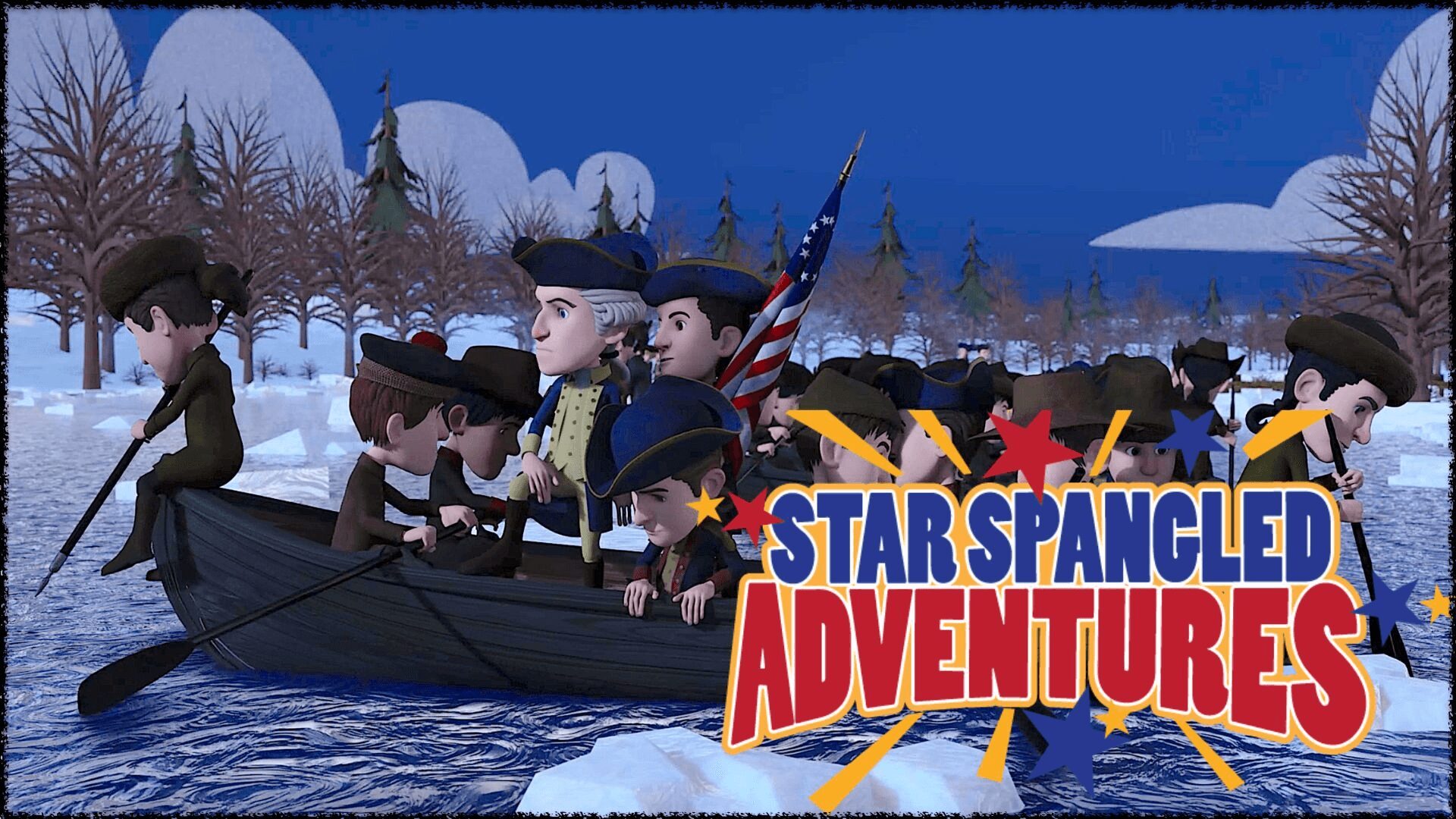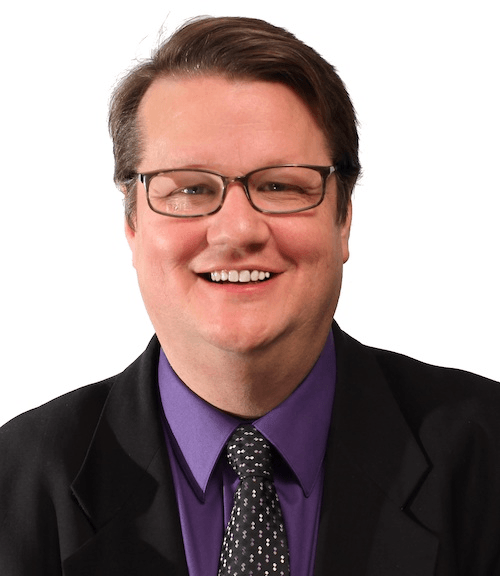We recently connected with Jeff Holder and have shared our conversation below.
Jeff, thanks for taking the time to share your stories with us today When did you first know you wanted to pursue a creative/artistic path professionally?
In many ways, I always gravitated towards hobbies that were creative. In middle school and high school, I performed magic shows. For awhile I wanted to be an artist. I won an award in 6th grade because I drew well for a 12 year old. Today, I still draw well for a 12 year old. So, art wasn’t really that promising as a career. In high school, I saw lots of movies and I realized that I was alway reading and memorizing the writer and director credits, memorizing the names. Not to sound too mystical, but when I’d see a “Written By” credit on the screen, something inside me said, “That’s what I want to do.” As a junior and senior in high school, I began exploring screenwriting. This was before the internet, so I did what I always did — went to the library to discover things. What few books I could find all said that to learn to write scripts, you have to write scripts. You can only learn so much from theory. You’ve got to start typing. The recommendation was to start with writing “spec” scripts which is Hollywood’s way of saying “sample scripts of existing TV shows.” I think because I didn’t know any better, that’s what I did. I’ll show my age here. I wrote episodes of Starsky and Hutch, Mork and Mindy and others, along with a feature script. I found that I truly loved it. I don’t recall any one particular day when I said, “I’m going to be a writer.” It was sometime in my senior year of high school because at that age everyone asks, “What are you going to do after graduation?” I had turned that over in my mind and it seemed like the best path. Living in a suburb of Atlanta, this was a bold statement and I waited awhile to say it out loud.
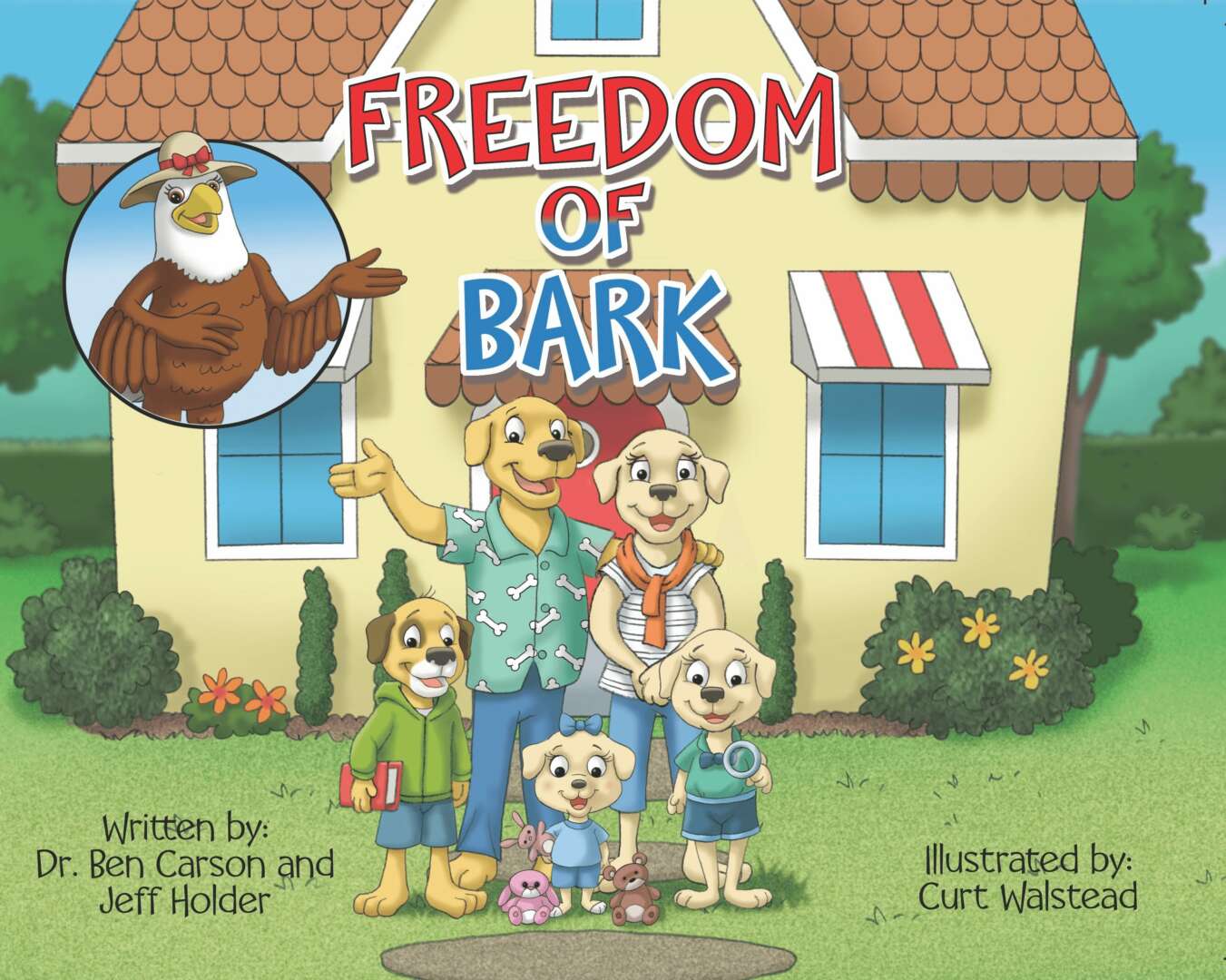
As always, we appreciate you sharing your insights and we’ve got a few more questions for you, but before we get to all of that can you take a minute to introduce yourself and give our readers some of your back background and context?
I mostly stumbled into working in Kids Media. I was a temp secretary for ABC Kids back in the day when you mostly watched cartoons only on Saturday mornings. A spec (sample) script of SCOOBY DOO got me my first assignment and when you have one, it’s easy to get another and so on. The writing led to switching from being a writer to being a Kids network and studio executive at ABC, Hanna-Barbera/Cartoon Network, and Sony Wonder. Those were amazing years and I’m grateful for them. Around the time I turned 40 years old, a desire grew stronger inside me to “specialize” in Kid shows that were more aligned with my Christian faith. I saw the need to have content that is inspirational, educational, and aspirational. I was able to leave corporate media and begin having my own company that writes and produces these kinds of programs. For the last 20+ years, that’s what I’ve been doing. I’m most pleased with a project called THE GODMAN, a CG animated story of Jesus for a ministry, One Hope. Working with local writers and producers, we then crafted live action wraparounds that framed the story for 5 different cultures. It was truly a time of working in “the sweet spot.” The other program is my current one, STAR SPANGLED ADVENTURES. It’s short animated stories of great moments from American History for elementary aged kids. The episodes are offered free with accompanying activities and even free curriculum at LittlePatriotsLearning.com. We work with Dr. Ben Carson’s nonprofit, American Cornerstone Institute. I’ve found a niche of sorts: organizations that have a society-helping goal will hire me and often my producing partner Bob Arvin to take their goal, their information, and make it work for kids in an entertaining way.
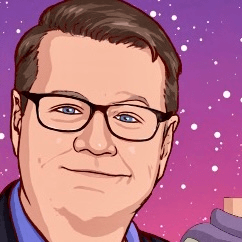
Is there a particular goal or mission driving your creative journey?
The mission to help kids is what keeps me working in this arena. The stats for kids isn’t great. Most kids are exposed to porn around 12 years old and some as early as 8. There’s societal pressures that are simply robbing children of their innocence. Instead, we should be trying all we can to extend their innocence. Let’s help kids get their childhoods back. While much of what I create has some degree of a “message” attached, we need a lot more of just wholesome entertainment that shows off the good, the true, and the beautiful If you can also make it funny, so much the better. Kids programs have historically been values driven. That hasn’t changed. What has changed is what those values are. Kid shows today often have very obvious political agendas. Can’t we just let kids be kids and have fun watching shows that engage and entertain? I think we can and I hope my work contributes even a little to accomplishing this. Lately, I’ve expanded into picture books. With Dr. Ben Carson, I created and wrote a series of books about the Barker family (they’re dogs…). It’s fun and they learn life lessons. The first one is out, “Freedom of Bark”. And then another at end of 2024 and two more mid 2025.
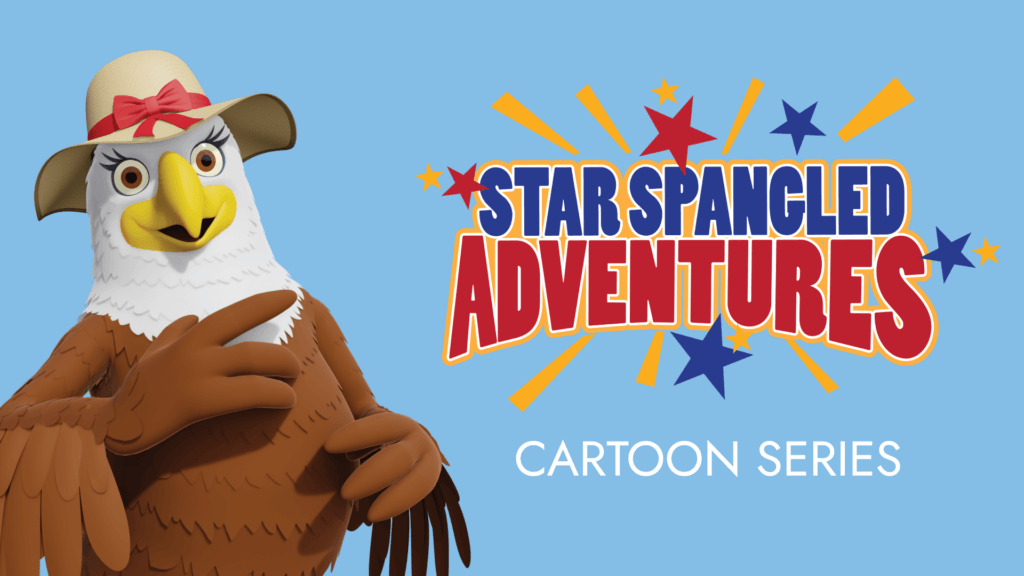
Are there any books, videos or other content that you feel have meaningfully impacted your thinking?
Since leaving the major studios and networks, I’ve learned much about entrepreneurship. One of the books for me has been “The Lean Startup” by Eric Ries. The people I work with tend to be educational or faith groups looking for someone to reach kids through media. There’s usually limited resources and as a producer my task is, how do we build something that can flex, pivot, and scale. This book is a smart roadmap. If you have unlimited resources, you can skip it. But for the rest of us, it’s important reading.
Something I’ve learned is the principle of production (not just media production) is the fabled “Production Triangle.” A product or production can be 1) the highest quality 2) produced quickly 3) be low cost. The Triangle says that any production can only have two of these. Trust me on this; I learned the hard way. It’s true.
I also find friends and colleagues, whether in person or on LinkedIn to be a source of timely wisdom about the craft but especially the business side. For innovation, I suggest you follow Jon Hirst. For how the scriptwriting industry works, I suggest Audrey Knox. While I fully embrace digital interaction, I think we sometimes lose sight of calling or visiting people to ask questions and swap advice.
Contact Info:
- Website: https://JeffHolder.net
- Facebook: https://Facebook.com/jeff.holder?mibextid=LQQJ4d
- Linkedin: https://www.linkedin.com/in/jeffholder
- Twitter: @jbholder
- Other: Amazon author page: https://www.amazon.com/stores/author/B0CK7Q778P
